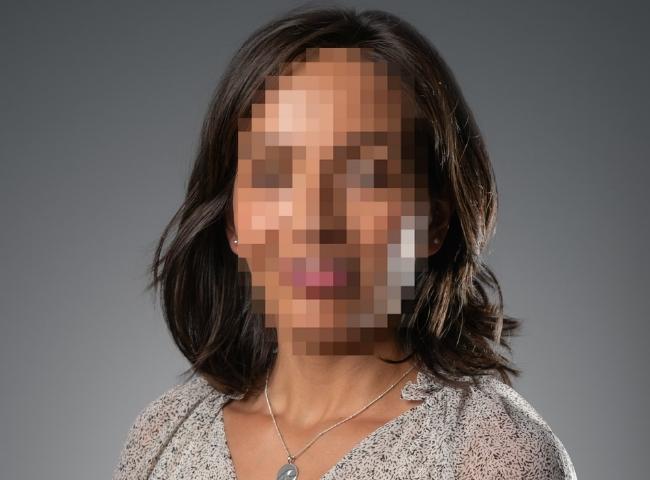Meet Grace

Grace's story
Electrolysis Support Fund recipient
Grace (she/her) is a 32-year-old trans woman working part-time and taking on freelance projects to make ends meet. While her income covers housing bills, she relies on food banks to keep food on the table.
Grace has been underemployed since 2020, when she left a full-time position after facing transphobic discrimination in the workplace. Since then, she’s done her best to stay afloat—but persistent facial hair has continued to affect her well-being. “I shave regularly, but there’s always stubble,” she shares. “It causes me a lot of dysphoria and anxiety.”
Over the past year, Grace has been verbally harassed by strangers on public transit multiple times. These experiences have added to her fear and self-consciousness when moving through the world.
Receiving electrolysis would provide Grace with relief from daily dysphoria and reduce the risk of public harassment, allowing her to feel safer and more confident as she continues to build her life. “I just want to be able to live my life without that constant worry,” she says.
Grace's timeline
-
Award Granted
April 11, 2025
Grace was awarded a grant toward permanent hair removal! -
Care Received
May 13, 2025
A payment has been made toward Grace's permanent hair removal!
About Hair Removal: Femme Award
On average, it costs $2,300+ for Grace's care.
- What is it?
- Before care
- After care
What is it?
Point of Pride provides grants to trans femme people seeking hair removal on their face, neck, or an area of the body in preparation for bottom surgery.
What is life like for a person who needs this care?
For trans femme folks, particularly trans femmes of color, access to facial hair removal often equates to safety against anti-trans violence or discrimination. It's common for applicants to note issues with employment and public safety, particularly if their facial hair is dark or thick. Electrolysis and laser hair removal services are often deemed cosmetic and therefore not covered by health insurance plans.
What is the impact of this care on the recipient’s life?
Access to hair removal often leads to a more positive emotional well-being, increased confidence, increased safety when in public, and better opportunities at employment and more.
Your support funds healthcare that's
life-changing. Life-saving. Life-giving.